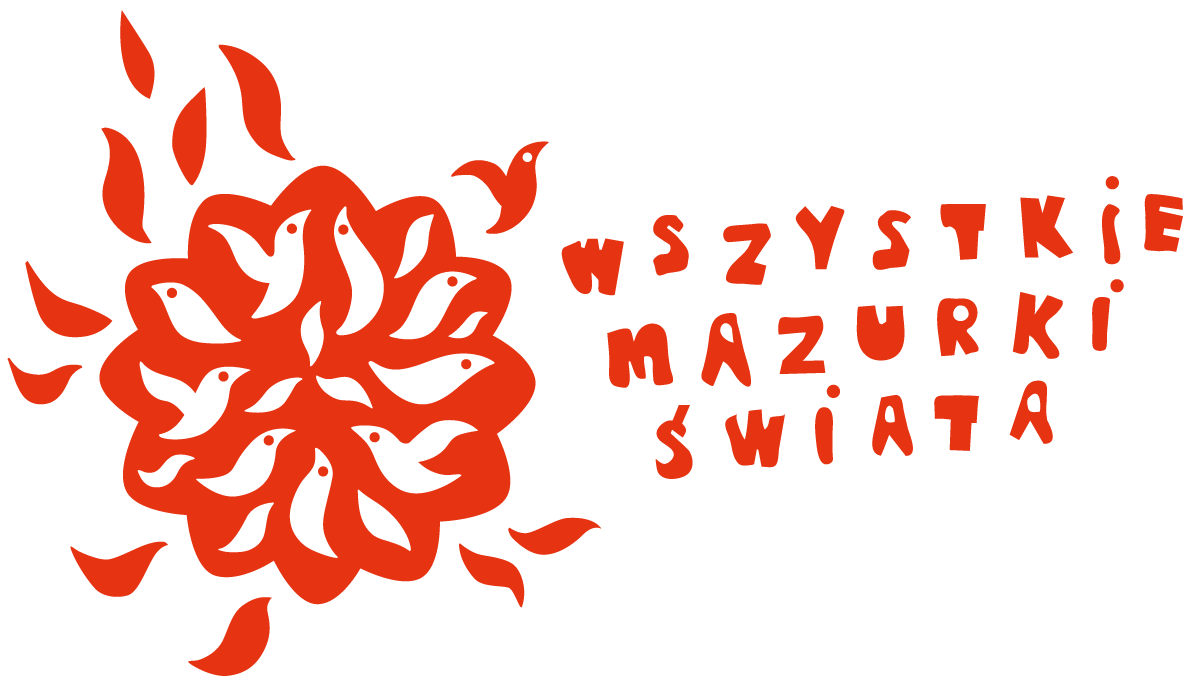CONCERT A dialogue of Polish Dances – next step
The dancing customs of manor houses and villages, ballrooms and inns, country mazurkas, salon mazurs, walking dances and polonaise had for many centuries intertwined and inspired each other, all the while preserving their separate qualities. Can we reach to the common source and examine the evolution of national dances based on these examples? Is it possible to pinpoint the moments when changes in dance music took place?
We would like to invite you to a concerts that is going to combine country dancers and their students from cities as well as historical re-enactors. We will observe different styles of performance and common elements in them. The repertoire for this evening includes: contredance, kontro, kuyavyak, mazur and krakovyak.
Performing artists:
Historical dance reenactors: Tomasz Sadlakowski, Anna Ilczuk, Robert Lubera,
Joanna Lichorowicz, Sławomir Greś, Anna Korbolewska, Ewa Bargiel, Dominik Skorek,
Country dance continuators:
Piotr Zgorzelski, Bogumiła Zgorzelska, Grzegorz Ajdacki, Paulina Szagżdowicz, Przemysław Jarosz, Aneta Ormiańczyk, Michał Stradowski, Joanna Sasinowska,
Special guests, traditional dancers: Maria and Wacław Siwiec, Marianna and Tadeusz Cieślak
Music by:
Sabionetta Quartet:
Judyta Tupczyńska – first violin, Agnieszka Obst-Chwała – second violin, director, Aleksandra Demowska-Madejska – viola, Jakub Kościukiewicz – cello.
The Niwiński Band:
Mateusz Niwiński – violin, Agnieszka Niwińska – baraban, Piotr Domagalski – double bass, Magdalena Sobczak – hutsul cymbals
Guest performers:
Janusz Prusinowski – violin, Piotr Piszczatowski – drum
Presenter:
Professor Tomasz Nowak
Concert coordinators:
Joanna Sasinowska, Janusz Prusinowski
Anna Ilczuk – dance instructor and early dance choreographer, certified sports dance teacher. She specialises in dances from the late Middle Ages until 19th century and is especially fond of the baroque. She used to study archeology at the University of Warsaw. She is an active member of historical reenactors’ movement. Since 1998 she has been in LORICA group and co-created the Early Dance Academy, from 2001 to 2008 she was member of PAWANILIA Early Dance Ensemble. In 2009 she established and single-handedly run early dance ensemble called TANART and also made choreographies for stage performances. Her teachers include: Bruny Gondoni (XV and XVI c.), Dorothee Wortelboer (XVIII c.), Lieven Baert (XV, XVI, XVIII, XIX c). In the years 2005-2010 she organised KOROWÓD meetings with early dance in cooperation with the Old Town Community Centre in Warsaw.
Robert Lubera – choreographer, dancer and history buff. Early dance has been on his agenda since 2000. First he was member of Gratia Iuvenis ensemble, then in 2009 he started running an artistic agency Amatum, which presents the culture of past centuries. He organises show and history events. He also makes choreographies for film.
Tomasz Sadlakowski – dance instructor and choreographer with 20 years’ experience. He started his dancing career in Warszawianka Warsaw University Song and Dance Ensemble, where he stayed for 13 years and took part in many international festivals, stage performances, jubilee concerts and charity events.He won prizes and awards at the National Dance Championships in the years 2005-2008. Then he was a member of the jury in National Dance Competitions in Lesser Poland and Łódź voivodships. He is a certified sports dance instructor, who likes to actively share his passion.
Bogumiła and Piotr Zgorzelski are a couple who have for many years propagated and taught Polish dances in their crude form. They have created online dance lesson channel Taniec Tradycyjny PL and cooperated with the Institute Of Dance And Music on the website www.taniec.edu.pl. They have gained experience by observing country dancers and available archive sources and have come up with their own dance course for a generation deprived of live contact with folk music.

